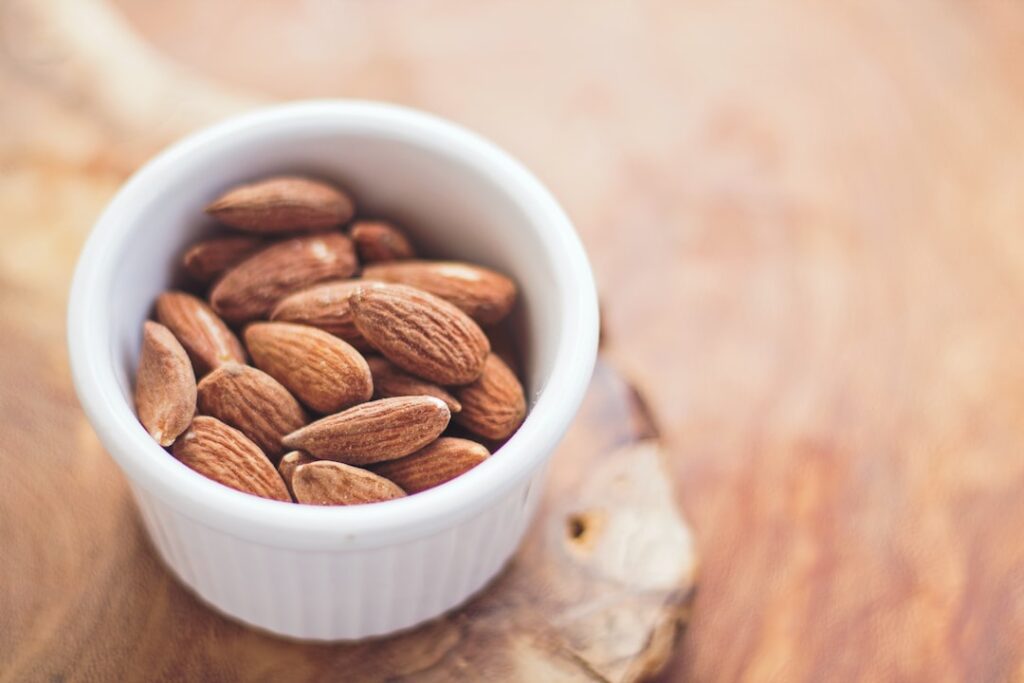The Impact of Artificial Intelligence in Agriculture
Welcome to our blog where we will explore the fascinating world of artificial intelligence and its impact on agriculture. Did you know that the use of artificial intelligence in farming has increased crop yields by 30% and has the potential to generate an additional $2.3 billion in annual revenue for the agricultural industry by 2050? Let’s delve into how this cutting-edge technology is revolutionizing the way we grow food.
AI and Precision Agriculture
Optimizing Crop Yields
Artificial intelligence algorithms analyze various data points such as weather patterns, soil health, and crop health to provide farmers with actionable insights. By leveraging AI, farmers can make informed decisions on irrigation, fertilization, and pest control, ultimately leading to higher crop yields.
Monitoring Crop Health
AI-powered drones and satellites take high-resolution images of fields, allowing farmers to monitor the health of their crops. By detecting issues such as nutrient deficiencies or pest infestations early on, farmers can take proactive measures to ensure the well-being of their crops.
Predictive Analysis
AI technologies can analyze historical and real-time data to predict crop yields, enabling farmers to anticipate market demand and plan their production accordingly. This not only reduces waste but also ensures a stable food supply.
AI and Livestock Management
Health Monitoring
Artificial intelligence plays a crucial role in monitoring the health and well-being of livestock. From tracking feeding patterns to identifying signs of illness, AI-powered systems enable farmers to provide optimal care for their animals.
Automated Data Analysis
Gathering and analyzing data from sensors and wearable devices attached to livestock can be a daunting task. AI simplifies this process by automating data analysis, giving farmers valuable insights into the overall health and behavior of their animals.
How to Incorporate AI in Your Daily Farming Practices
Embrace Smart Farming Technologies
Invest in AI-powered tools and platforms that can assist in monitoring and managing your farm effectively. Look for solutions that offer seamless integration and user-friendly interfaces to ensure a smooth transition.
Educate Yourself
Attend workshops, webinars, and training programs focused on AI in agriculture. Understanding how to leverage these technologies to your advantage is crucial in reaping the benefits they offer.
Start Small
If you’re new to AI in farming, consider starting with a pilot project to test the waters. Implement AI technology in a specific area of your farm, gather data, and evaluate the outcomes before scaling up.
In Conclusion
The integration of artificial intelligence in agriculture presents unprecedented opportunities to address global food challenges. By harnessing the power of AI, farmers can optimize resource usage, minimize environmental impact, and meet the ever-growing demand for food. As we look to the future, embracing AI in farming will be pivotal in ensuring food security for generations to come.












